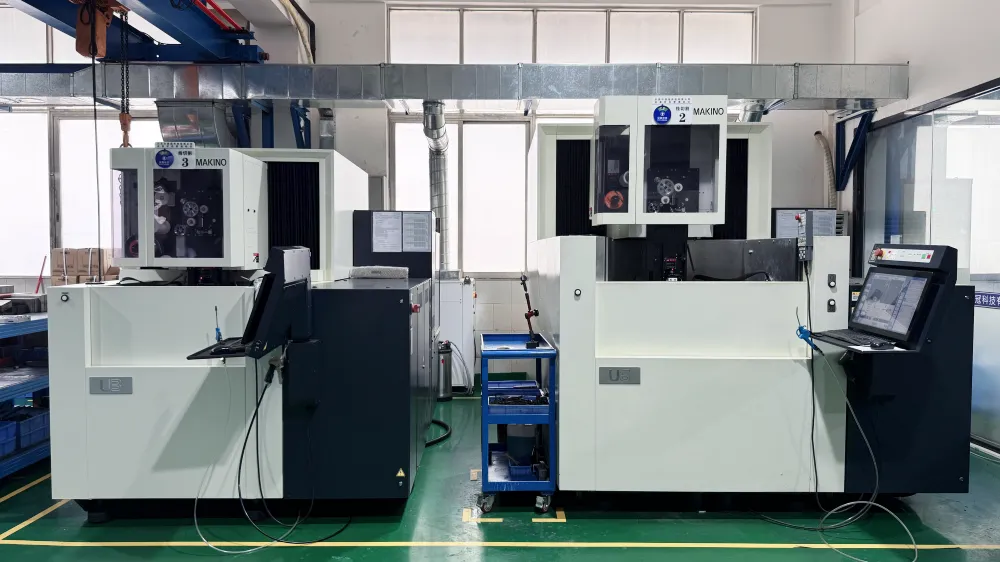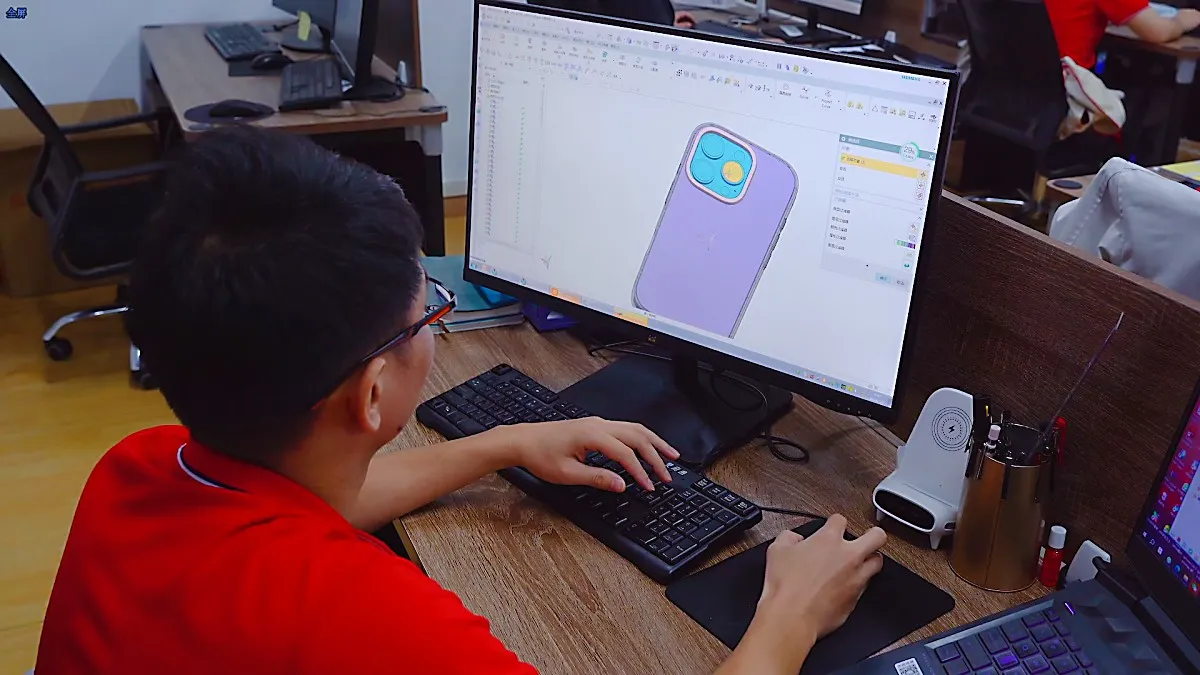Introduction
Sustainability is becoming a key driver of innovation and competitiveness in the manufacturing industry. For B2B companies, adopting sustainable practices is not only a moral imperative but also a strategic advantage that can lead to increased profitability and customer loyalty.
The Business Case for Sustainable Manufacturing
- Cost Savings: Implementing energy-efficient processes and reducing waste can lead to significant cost reductions. For example, using recycled materials can lower raw material costs.
- Brand Differentiation: Companies that prioritize sustainability can differentiate themselves in the market, attracting environmentally conscious customers and partners.
- Regulatory Compliance: As governments worldwide enforce stricter environmental regulations, sustainable practices ensure compliance and reduce the risk of fines.
Key Strategies for Sustainable Manufacturing
- Energy Efficiency: Invest in energy-efficient machinery and optimize production processes to reduce energy consumption.
- Waste Reduction: Implement recycling programs and lean manufacturing techniques to minimize waste.
- Sustainable Materials: Use eco-friendly materials and explore alternative resources to reduce environmental impact.
Case Study
Discuss a company that has successfully integrated sustainable practices into its operations, resulting in increased profitability and a stronger brand reputation. For instance, a manufacturer that transitioned to renewable energy sources reduced its carbon footprint by 40%.
Conclusion
Sustainable manufacturing is not just about protecting the environment—it’s about building a resilient and profitable business. By adopting sustainable practices, B2B companies can enhance their competitiveness, meet regulatory requirements, and fulfill their corporate social responsibility.




